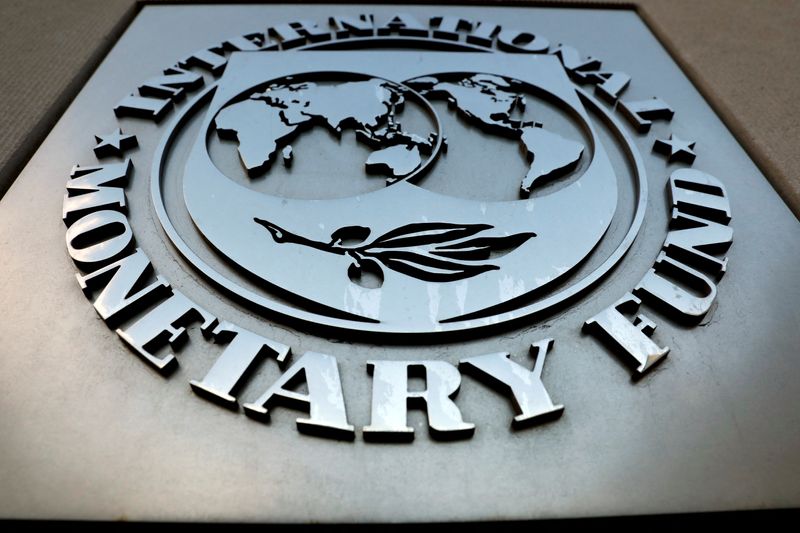By Andrea Shalal
WASHINGTON (Reuters) -Russia may default on its debts in the wake of unprecedented sanctions over its invasion of Ukraine, but that would not trigger a global financial crisis, International Monetary Fund Managing Director Kristalina Georgieva said on Sunday.
Georgieva told CBS's "Face the Nation" program that sanctions imposed by the United States and other democracies were already having a "severe" impact on the Russian economy and would trigger a deep recession there this year.
The war and the sanctions would also have significant spillover effects on neighboring countries that depended on Russian energy supplies, and had already resulted in a wave of refugees compared to that seen during World War Two, she said.
Russia calls its actions in Ukraine a “special operation.”
The sanctions were also limiting Russia's ability to access its resources and service its debts, which meant a default was no longer viewed as "improbable," Georgieva said.
Asked if such a default could trigger a financial crisis around the world, she said, "For now, no."
The total exposure of banks to Russia amounted to around $120 billion, an amount that while not insignificant, was "not systemically relevant," she said.
Asked if Russia could access the $1.4 billion in emergency IMF funding approved for Ukraine last week if Moscow won the war and installed a new government, Georgieva said the funds were in a special account accessible only by the Ukrainian government.
An IMF official said that referred to the "internationally recognized government of Ukraine."
The IMF last year blocked access to Afghanistan's funds by the Taliban after they seized control of the government, citing lack of clarity over recognition of the Taliban rulers within the international community.
Georgieva last week said the IMF would downgrade its previous forecast for 4.4% global economic growth in 2022 as a result of the war, but said the overall trajectory remained positive.

Growth remained robust in countries like the United States that had been fast to recover from COVID-19 pandemic, she told CBS.
The impact would be most severe in terms of driving up commodity prices and inflation, potentially leading to hunger and food insecurity in parts of Africa, she said.